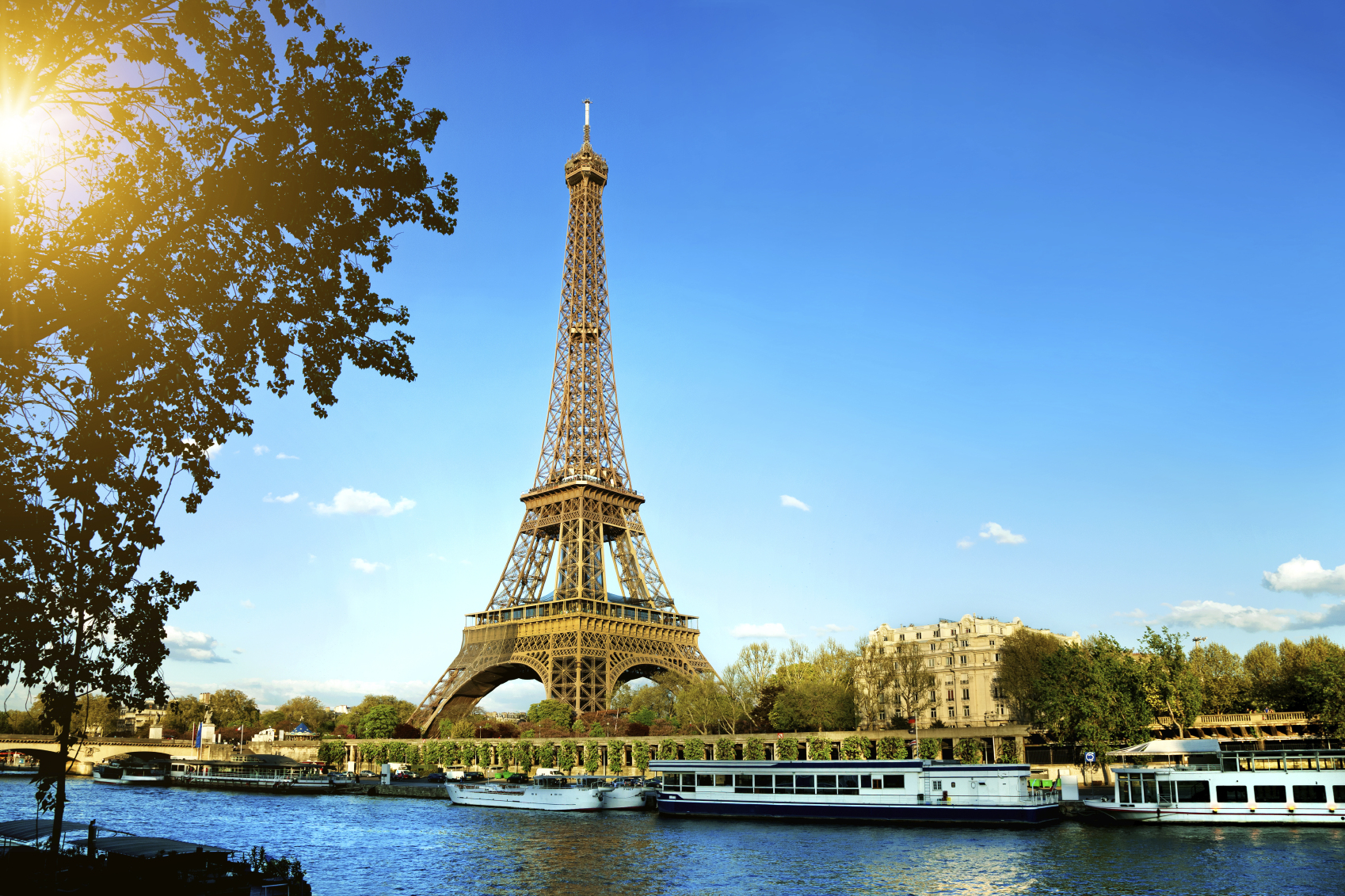Paris Climate Deal: Forget the Media Hype, Only 0.04% of the World’s GHG Emissions Are On Board

On April 11th, Chris Mooney and Juliet Eilperin of the Washington Post wrote that the Paris Climate agreement could enter into effect earlier than many think. But now, more than two months after their article, only 17 countries which represent only 0.04 percent of global greenhouse gas (GHG) emissions have officially ratified the Paris agreement.

In the PR campaign for the run-up to the signing ceremony for the Paris agreement, it sounded like more countries would quickly move to ratify the agreement. Mooney and Eilperin wrote:
In late March, when the United States and China jointly declared that they’d be moving to immediately sign and then join the Paris climate agreement “as early as possible this year,” it was seen as the latest show of joint leadership by the two largest emitters.
…
White House senior adviser Brian Deese made a point of saying, on a March 31 press call, that the fact that China had indicated it wanted to join the accord “as soon as possible this year” was “significant.”
Based on the administration’s comments and the Post’s reporting, it sounded like the United States would quickly “ratify” the agreement (according to the U.N., to formally join the “agreement” countries need to “deposit their instrument of ratification.”) The article in the Post was more than two months ago and neither the U.S. nor China has ratified the agreement.
It is a little strange that the Obama administration has not deposited their instrument of ratification given that they are clamoring for the agreement to quickly enter into effect before they leave town. This is especially true because, unlike countries like Norway, France, and Fiji the Obama administration does not intend to have the people’s elected representatives vote on acceptance of the Paris climate agreement. They prefer executive fiat, without a whit of pesky representative government involved.
Just last week there seemed to be conflicting statements from the White House and India about India’s ratification of the agreement. According to the Washington Post, “The leaders of India and the United States vowed Tuesday to ratify the Paris climate accord this year…” The Indian media contradicted this claim. According to NDTV, “White House officials indicated that it is their understanding that India completes [the] process during this year, before President Barack Obama’s term expires in November. But top government officials have told NDTV that India is ‘unlikely to sign the agreement this year, or even the next.’”
The European Union has been very pro-Paris agreement, however, the EU is nowhere near ratifying the agreement. As E&E Publishing explained:
The union can’t ratify an agreement without giving all 28 member parliaments time to do their work. “Although the E.U. negotiates in the [Conference of the Parties] as a single entity, the ratification process requires actions in individual countries and their parliaments,” said Robert Stavins, director of the Harvard Project on Climate Agreements. “And Europe is heterogeneous.”
…
But for logistical reasons internal to the 28-nation compact, it is expected to do so in 2017 or 2018 — likely after other countries cause it to take effect.
One complicating factor for the EU is the possibility of the UK exiting the EU. The trend in the polling is that the UK will vote to leave the EU on June 23rd. If that happens, it will embolden countries like Poland who are pushing back on GHG cuts.
In the last couple days, France has voted to ratify the agreement and Norway has too. However, France’s vote was symbolic because France’s GHG contribution is a part of the EU’s contribution and Norway has not officially deposited their articles of acceptance with the UN.
Conclusion
Despite all the hype, so far, the road to ratification of the Paris Climate agreement has not been super speedy, as only 0.04 percent of the world’s GHG emitters have officially signed up. The Obama administration, because they do not intend to have the Senate vote on it, could quickly accept the agreement, but to date, they have failed to do so. This is far from being a done deal, even though its Big Government supporters would like to convince the public otherwise through disinformation campaigns.
Which begs the question itself—why are some in the media, and governmental supporters – so intent on convincing everyone that this is a done deal that can’t be changed or altered in any way? Could it be that their greatest fear is that a new administration might change directions, and demand more transparency about the process and the science that has gone into this Public Relations gambit? It makes one wonder, doesn’t it?
For reference here is the UN’s official page on the Paris Agreement. And here are ratification trackers from the Potsdam Institute for Climate Impact Research and here is another from Climate Analytics.


